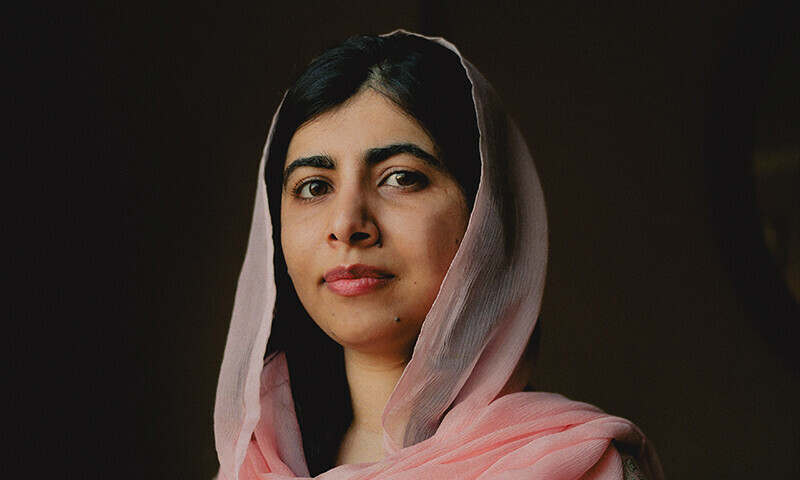During a briefing on the humanitarian situation in Afghanistan, Ambassador Munir Akram, Permanent Representative of Pakistan to the United Nations, claimed that “from our perspective, the restrictions [on women] that have been put by the Afghan interim government flow not so much from a religious perspective, as from a peculiar cultural perspective, of the Pashtun culture, which requires women to be kept at home. And this is a peculiar, distinctive cultural reality of Afghanistan, which has not changed for hundreds if not thousands of years.”
As a Pashtun woman, a Pakistani and a Muslim, I must vehemently disagree. The Ambassador, who has since apologised for his remarks, attempted to shift the blame for the inhumane misogyny facing Afghan women to Pashtun culture. While the Taliban may twist their faith and heritage to suit their own aims, they alone bear the responsibility for the catastrophic violation of women’s rights in the country they control.
I am but one of many Pashtuns who risked their lives to defend girls’ education, equality for women and peace in our community. Across Afghanistan and Pakistan, Pashtun people have suffered beatings, displacement and death at the hands of a brainwashed terrorist group.
As a girl, I went to school. I dreamed of being a car mechanic, a doctor and even prime minister. My father, a proud Pashtun man, encouraged me to learn as much as I could, to speak out in public on issues facing women and girls, and to choose my own future. It wasn’t my community that stopped me from going to school — it was the Pakistani Taliban who imposed a ban on girls’ education, on women leaving their homes, on men shaving their beards, on music, on art, on anything they chose.
Across the border in Afghanistan, many Pashtun women and men, along with people of Tajik, Hazara, Uzbek and other ethnicities, spent decades building networks of girls’ schools and advocacy organisations for women’s rights. They are among those still risking their lives to protest on the streets of their country even today. They have raised a generation of girls who will not be silent while their rights — to work, to play, to learn, to travel — are stripped away.
I do not claim that Pashtun societies are perfectly equitable. As in many other parts of the world, our women and girls still face high barriers. We have more out-of-school girls than boys. Too many girls are forced into early marriages. Too often, women are viewed as second-class citizens, their worth and their rights deprioritised by men. But just as people make culture, people can change it too. We can see this transformation in women and men working together for gender equality in communities across Afghanistan and Pakistan today. We are evolving and moving forward, even as the Taliban and other extremist groups try to pull us back.
Over the last two years, I’ve spoken to many leaders in Pakistan about how to help Afghan women and girls. Several of them seemed resigned or indifferent to the situation. In September 2021, shortly after the Taliban regained power, one Pakistani official told me that “Afghanistan is more peaceful now than it was before.” But more peaceful for whom? Certainly not for women and girls losing their freedom, right to work and right to education. “With all due respect,” I replied, “I don’t think that you or I or anyone in this room would willingly go to live in Afghanistan, not even for one day.”
If Ambassador Akram and leaders around the world really care about human rights for the Afghan people, they should join together and speak with one voice. They must offer no compromise to the Taliban on protecting women’s rights, demanding that they reverse restrictions on girls’ education, women in the workplace and more. They should also continue to find paths around the Taliban government to provide aid to millions suffering from hunger and displacement. Most of all, they must engage Afghan women of all ethnicities and cultures and make sure their voices are part of any negotiations on their country’s future.
In the early 20th century, Bacha Khan, a Pashtun pacifist, led a resistance movement against British colonial rule. He dreamed of a society built on peace, religious harmony and equality for women and girls. As I think about how life has changed for my Afghan sisters in just the last two years, I remember Bacha Khan’s words, “If you wish to know how civilised a culture is, look at how they treat women.”
Malala Yousafzai is an Oxonian and a Nobel Peace Prize laureate from Swat. She also co-founded the Malala Fund for girls’ education.
Published in Dawn, February 5th, 2023













































